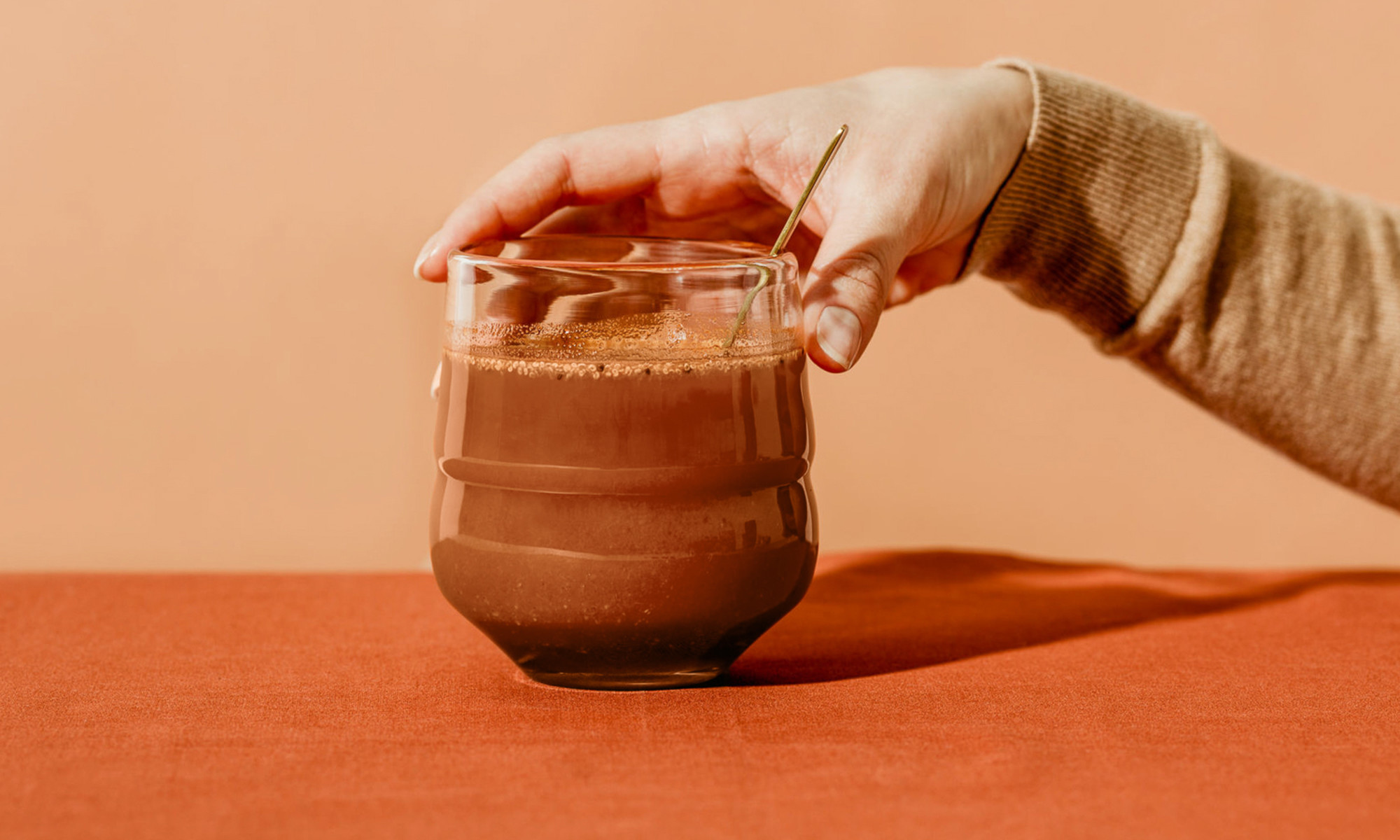I'm An RD & This Breakfast Has Helped Me Feel Lighter & Stronger Than Ever
It's time to normalize dinner for breakfast.

Advertisement
This ad is displayed using third party content and we do not control its accessibility features.

mbg Contributor
Emma Loewe is the former Sustainability and Health Director at mindbodygreen. She is the author of "Return to Nature: The New Science of How Natural Landscapes Restore Us" and the co-author of "The Spirit Almanac: A Modern Guide To Ancient Self Care." Emma received her B.A. in Environmental Science & Policy with a specialty in environmental communications from Duke University. In addition to penning over 1,500 mbg articles on topics from the water crisis in California to the rise of urban beekeeping, her work has appeared on Grist, Bloomberg News, Bustle, and Forbes.
Image by Tatjana Zlatkovic / Stocksy September 05, 2024 We carefully vet all products and services featured on mindbodygreen using our Our selections are never influenced by the commissions earned from our links. After working as a clinical nutritionist for over a decade, Kelly LeVeque knows a thing or two about protein. She's long leaned on the macro to help her feel full and keep her blood sugar balanced. "Protein is critical for a whole bunch of bodily functions: transporting nutrients, rebuilding and growing tissues, you name it. It makes all of your neurotransmitters and hormones as well, so it's always been top of mind for me," LeVeque tells mindbodygreen. That said, it wasn't until she experienced postnatal depletion1 following the birth of her third child that LeVeque started to get serious about her daily protein intake—starting in the morning. Here's how LeVeque begins each and every day with at least 30 grams of high-quality protein—and why she's a huge fan of dinner for breakfast.
The unconventional way LeVeque gets 30 grams of protein at breakfast
Like so many of us, LeVeque was taught that overnight oats, chia pudding, and egg scrambles are the epitome of healthy breakfast foods.
While these dishes can be nutrient-dense and delicious, she notes that most of them don't hit the 30-gram threshold she's looking for to activate muscle protein synthesis and get her on her way to her goal of consuming 1.2 to 2.0 grams of protein per kilogram of body weight a day (upward of 100 grams daily). A large egg contains around 6 grams of protein2, for example, so she'd need to eat at least five of them to hit this breakfast target.
It's a lot easier to make a high-protein breakfast using complete animal-based proteins like steak, chicken, salmon, turkey, bison, and lamb, she notes. Bioavailable animal proteins also contain important fat-soluble vitamins and tend to be higher in leucine—an essential amino acid that kick-starts muscle building and repair.
Another nice thing about these proteins is you don't need to do much to make them taste good. Case in point: The morning LeVeque and I connected for this piece, she said she'd just consumed some ground beef straight out of a glass container in her fridge for breakfast. And after the call, before running to her next appointment, she'd probably have some leftover chicken from the night before with carrots, cucumbers, and whatever condiments she had on hand.
Eating this type of breakfast might sound a little weird but, she explains, "When you eat enough protein, you really don't care what the other stuff you're eating is. You're so satisfied that the cravings hit the floor."
Since introducing more protein to her breakfast—in the form of whole animal proteins and her go-to smoothie (which also features a serving of protein powder)—she's noticed that her strength has skyrocketed, her digestion has improved, and her cravings and mood have steadied. "I feel stronger and lighter than ever," she says, noting that some of her celeb clients like Jennifer Garner and Halle Berry have had similar results on a higher-protein diet.
Here's the breakdown of how LeVeque fits in at least 30 grams of protein each morning using whole-food ingredients.
What about timing?
LeVeque aims to get her protein in within 90 minutes of waking up. The exception is if she does a morning workout, she'll wait until afterward to eat her first meal.
Her go-to Fab 4 Smoothie
LeVeque finds that smoothies are an easy vehicle for a bunch of protein and fiber.
From there, she'll throw in any plants that are lying around in her freezer, fridge, or backyard garden.
A handful of cilantro here and a few frozen strawberries there can go a long way in adding polyphenols, antioxidants, and carotenoids to her first meal of the day.
Her go-to high-protein snacks
If she's not drinking her smoothie, LeVeque will stay fueled through the morning with animal proteins she's already prepared ahead of time. "I'm constantly making a pound of ground beef or ground chicken or extra salmon filets to have on hand.
I'm eating them cold out of my fridge—it's not sexy by any means, and it's not a beautifully plated meal, but it's so easy to hit 30 to 40 grams with 4 to 6 ounces of ground meat or salmon," she says. LeVeque orders her meat from Force of Nature, a company that practices regenerative land management, to reduce its impact.
The takeaway
Breakfast may be the most important meal of the day, but that doesn't mean it has to be the most fussy.
To get upward of 30 grams of protein at breakfast, nutritionist Kelly LeVeque has started to supplement her usual smoothie with bioavailable animal proteins like beef, chicken, and salmon. You heard it here first: If you want to build strength and cut cravings, savory breakfasts may just be the way to go.

 BigThink
BigThink 


























.jpg)




